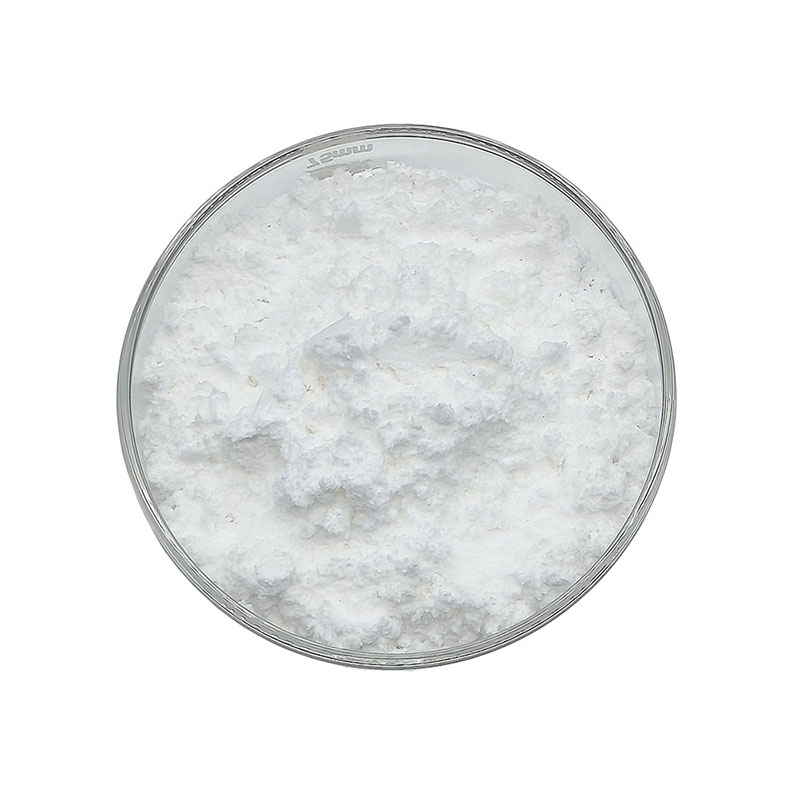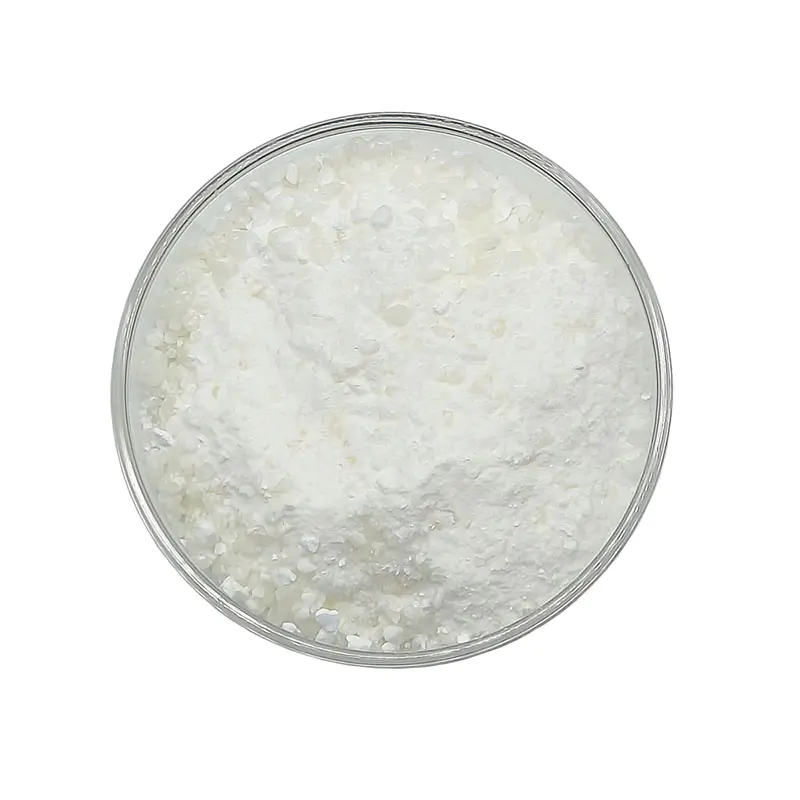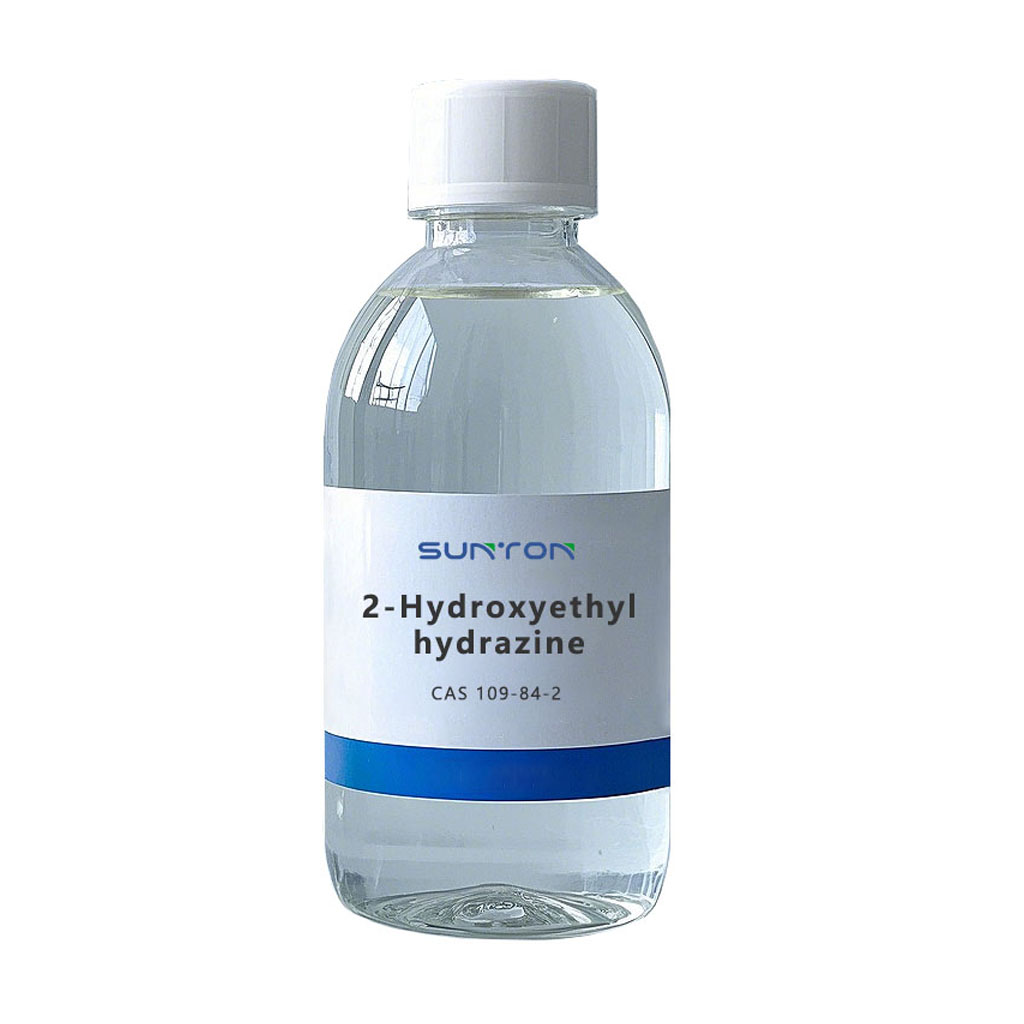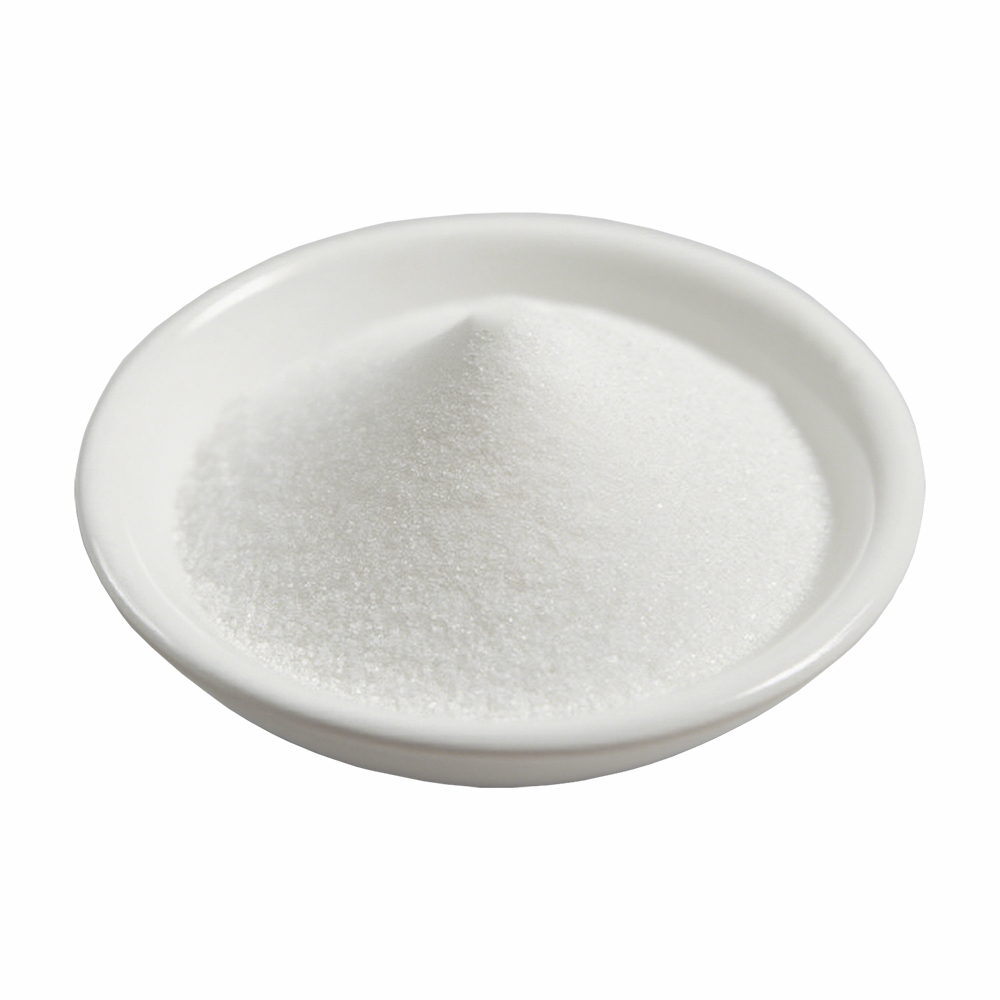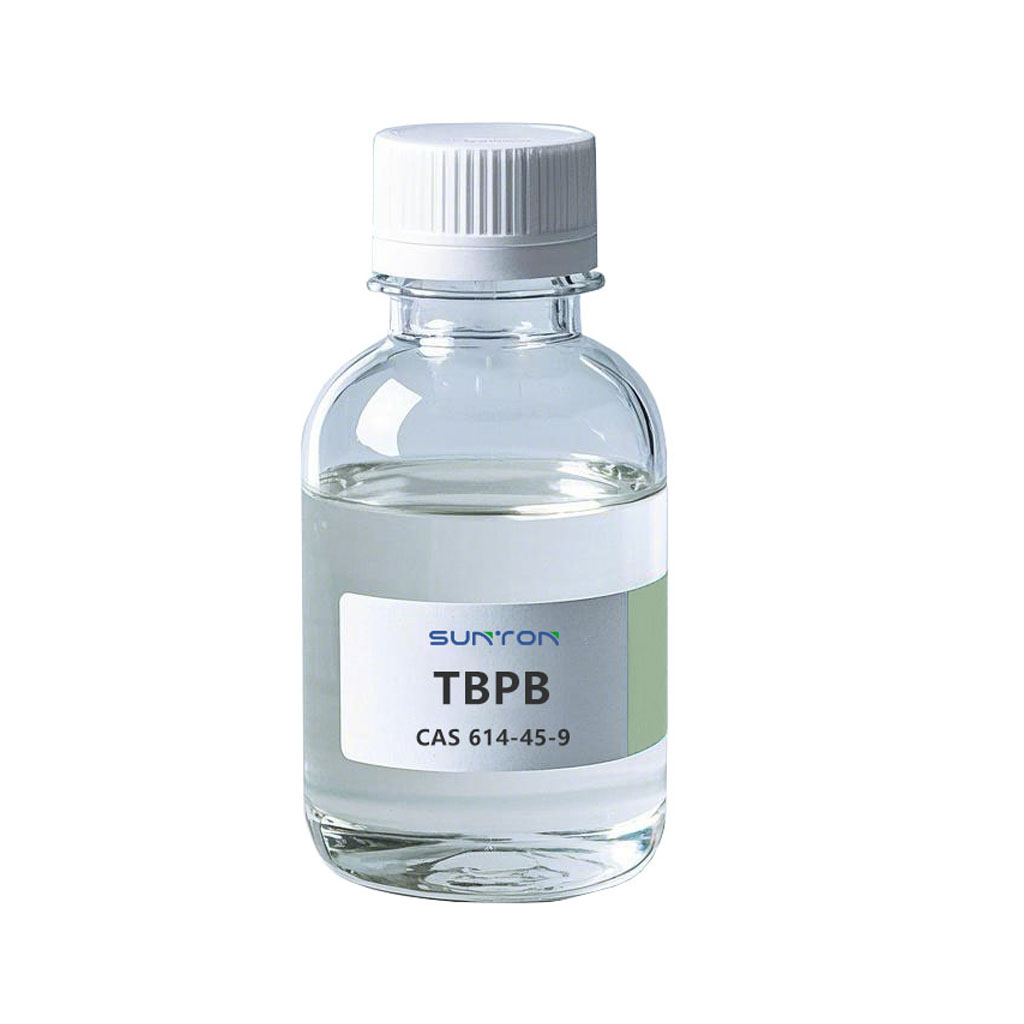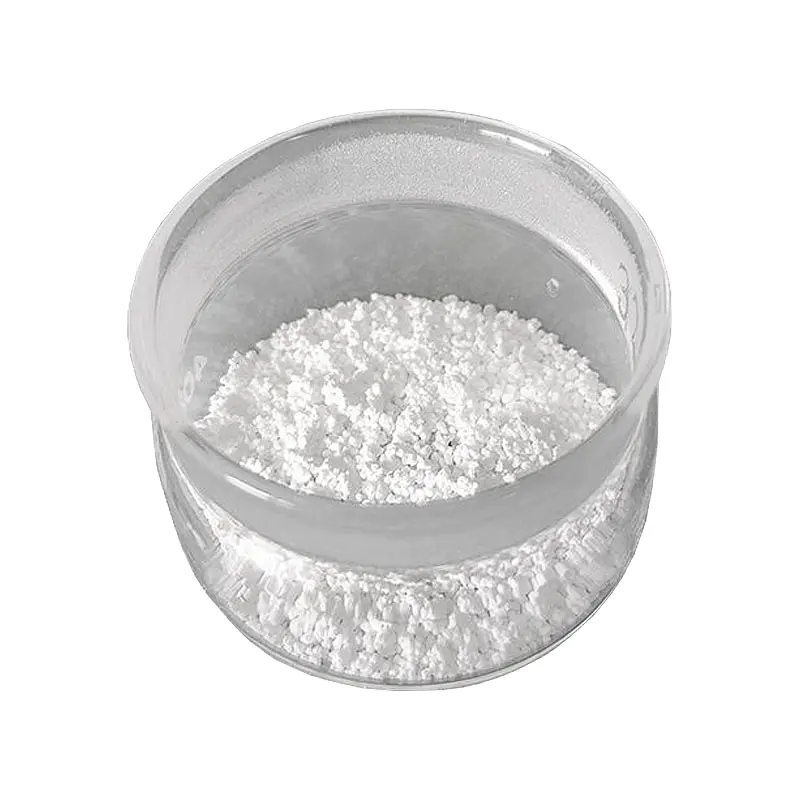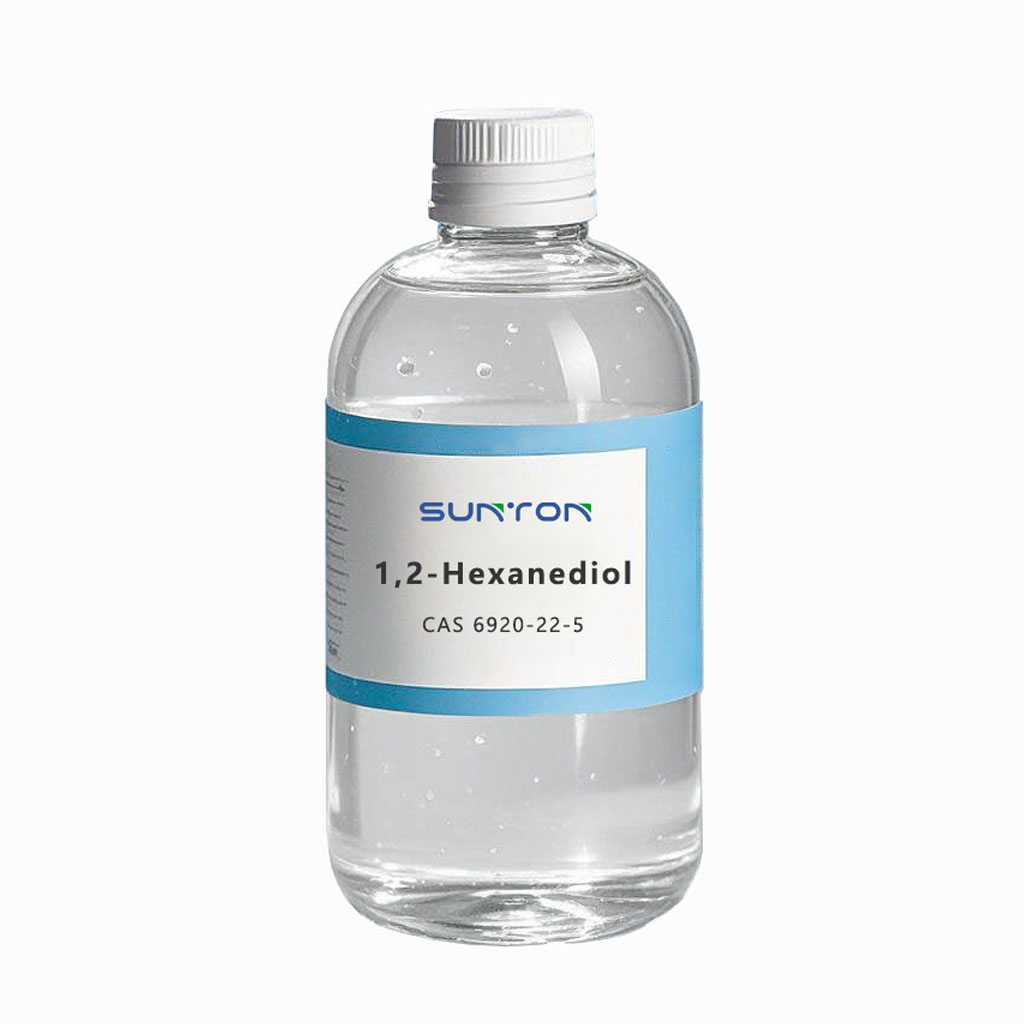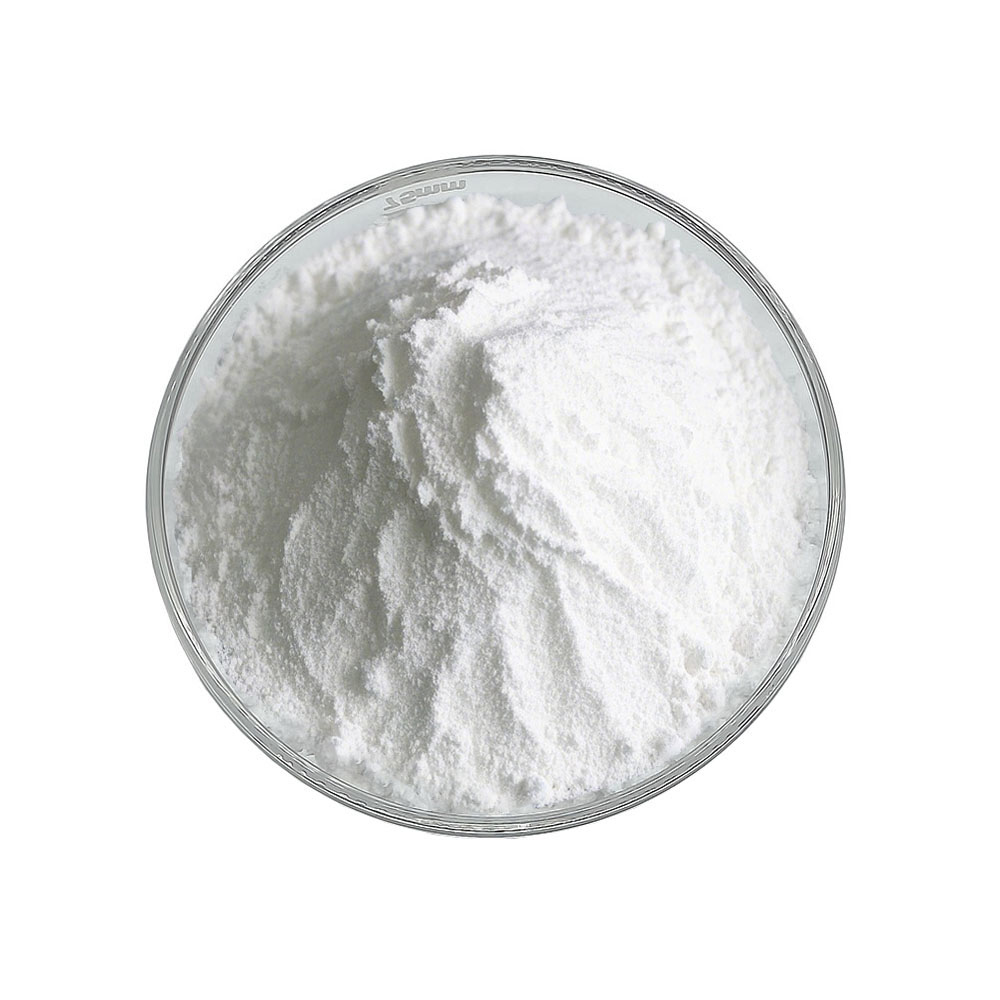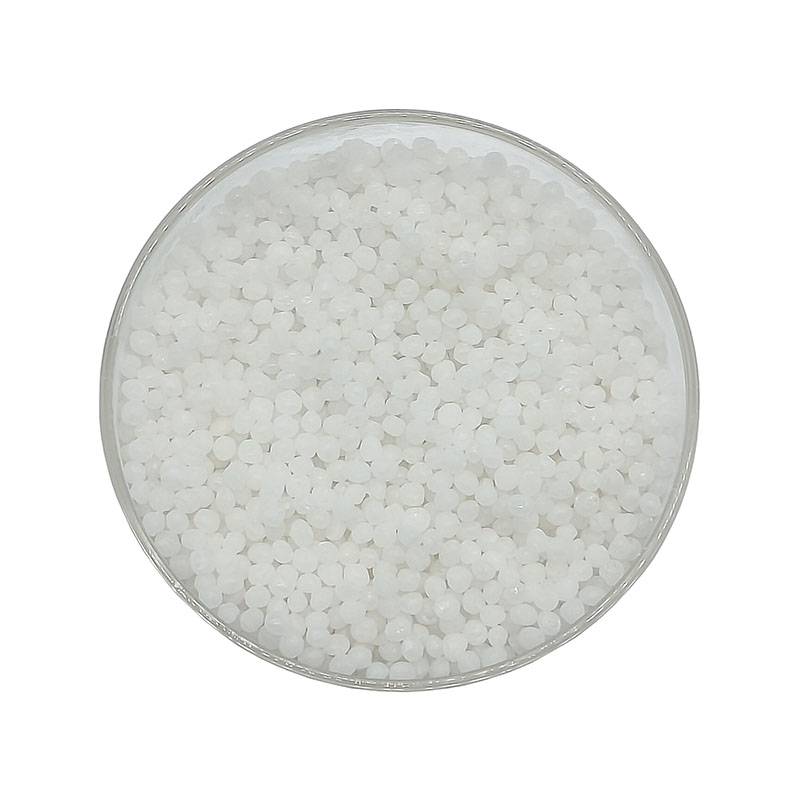Search By Posts
Product Category
Industry News
 By Admin
By Admin
Exploration of green process for efficient synthesis of 2,3-dimethyl-2,3-diphenylbutane
As the chemical industry continues to pay more attention to environmental protection and sustainable development, the efficient synthesis process of 2,3-Dimethyl-2,3-diphenylbutane has also ushered in the opportunity for green transformation. Traditional synthesis methods mostly rely on high energy consumption and harmful solvents, which not only have high costs, but also brings environmental pollution risks.
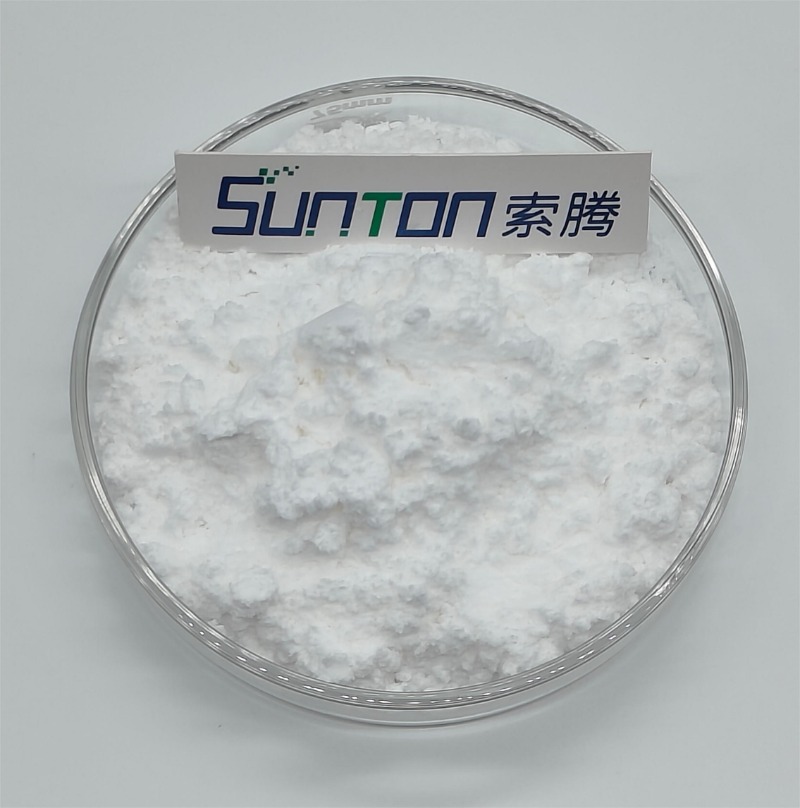
Green process optimization improves production efficiency and environmental protection level
In recent years, for the synthesis of 2,3-Dimethyl-2,3-diphenylbutane, the researchers have significantly reduced energy consumption and harmful emissions in the production process by adopting environmentally friendly catalysts and solvent replacement technologies. The new catalyst not only has higher selectivity and activity, but also can complete the reaction under mild conditions, greatly reducing the generation of by-products and improving the purity and yield of the target product.
In terms of solvent selection, the application of green solvents such as aqueous media and ionic liquids replaces traditional organic solvents, avoids the emission of organic volatile substances, and reduces the environmental burden. At the same time, the optimization of reaction conditions makes the synthesis process safer and more reliable, reducing operational risks and post-processing costs.
Continuous flow technology helps process intelligence and scale development
In order to meet the dual requirements of industrial production for efficiency and quality, continuous flow reaction technology has been widely introduced into the synthesis of 2,3-Dimethyl-2,3-diphenylbutane. Compared with traditional batch reactions, the continuous flow process has better reaction control capabilities and thermal management performance, which can achieve efficient and stable production.
Continuous flow technology not only shortens the reaction time, but also achieves accurate adjustment of reaction conditions, significantly improving the consistency and quality of the product. The application of this technology promotes the automation and intelligence of the production process, reduces manual intervention and errors, and improves overall production safety and economic benefits.
Future Outlook: Green Process Integration of Intelligent Manufacturing
Looking ahead, the synthesis process of 2,3-Dimethyl-2,3-diphenylbutane will further integrate the concept of intelligent manufacturing, and use artificial intelligence and big data analysis to achieve real-time optimization of process parameters and fault prediction. The deep combination of green processes and intelligent technology will inject strong impetus into the efficient, environmental protection and intelligent development of the chemical industry.
At the same time, the improvement of industry standards and policy support will promote the widespread promotion of green synthesis technology. Enterprises should continue to increase investment in green process research and development, enhance core competitiveness, achieve a win-win situation between economic and environmental benefits, and promote the chemical industry to a new stage of sustainable development.
The efficient green synthesis process around 2,3-Dimethyl-2,3-diphenylbutane not only optimizes the production process and improves product quality, but also significantly reduces the environmental impact, becoming an important force in promoting the green upgrade of the industry.


 English
English 中文简体
中文简体
